As dawn breaks over the besieged city of Rafah, the relentless rumble of Israeli military operations echoes through the air. Amidst the shattered remains of homes and lives, the people of Gaza find themselves caught in an unyielding cycle of violence. Despite the chorus of international condemnation decrying the escalating civilian casualties, Israel's national security adviser has ominously declared that the offensive will persist until year's end. In the heart of this chaos, the residents of Gaza face not just the loss of their homes but a profound crisis of survival, their futures hanging by a thread as the world watches on.
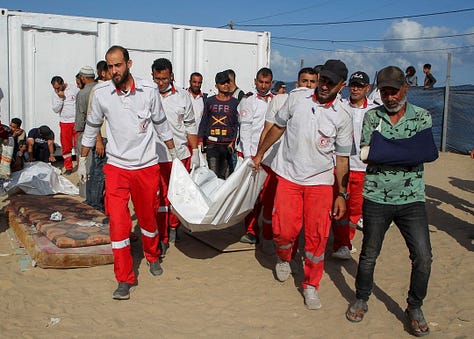
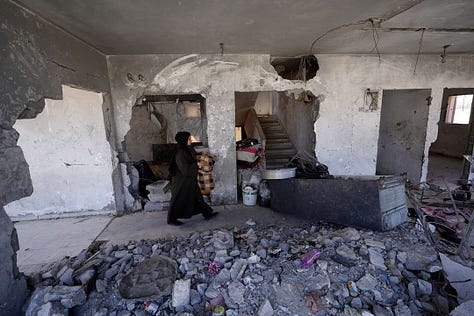
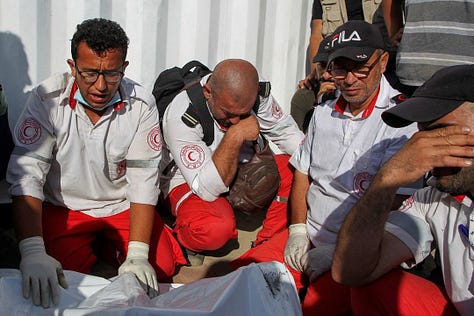
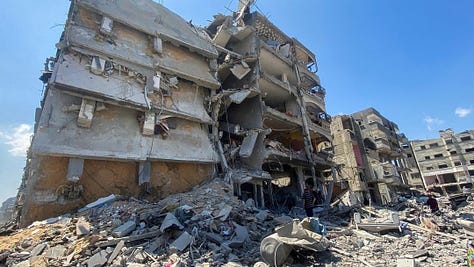
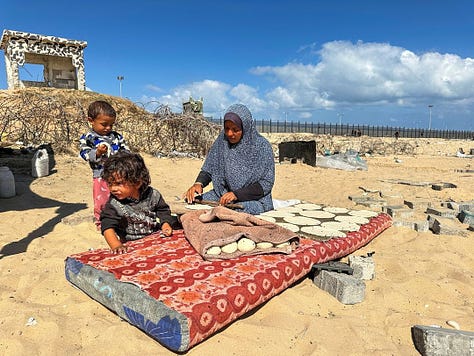
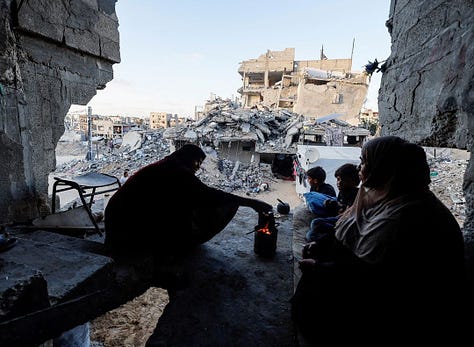
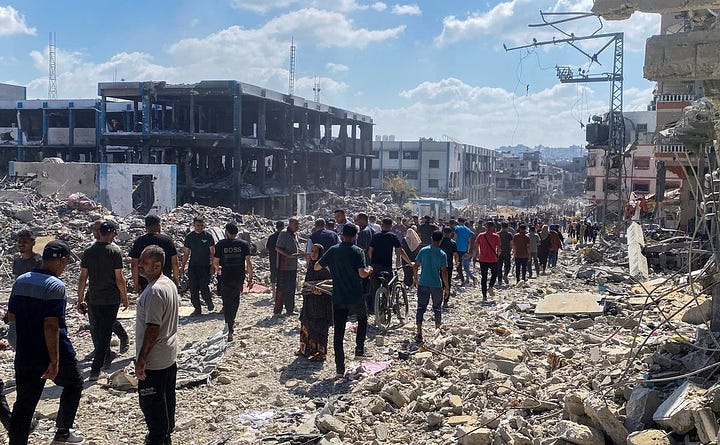
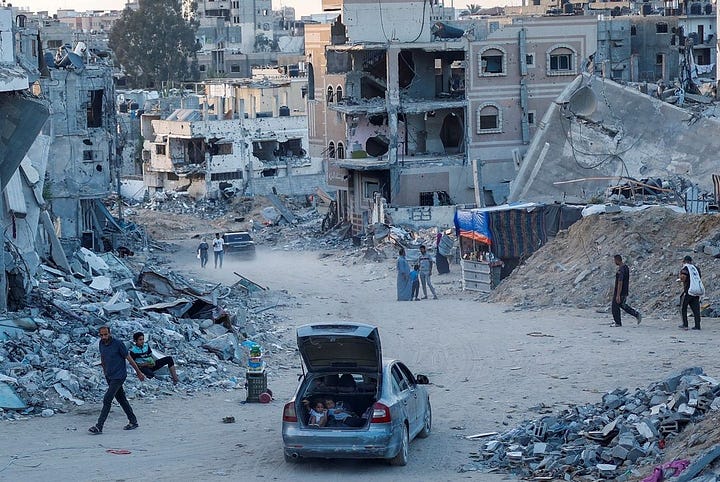
Israel's recent announcement of full control over the Philadelphi Corridor, a vital buffer zone along the Gaza-Egypt border, has sparked grave concern. This strategic maneuver threatens to choke the already meager flow of humanitarian aid into Gaza, tightening Israel's grip and plunging Gaza’s residents deeper into despair. Families are struggling to find food and clean water, and children go to bed hungry, their cries echoing through homes battered by relentless conflict.
The war has decimated essential services, leading to famine in northern Gaza and widespread destruction of infrastructure. These people are not just statistics; they are human beings enduring unimaginable hardship, desperately in need of the world's compassion and support.
The Philadelphi Corridor’s significance is deeply tied to its strategic location. It stands as Gaza’s only other land border besides Israel, effectively placing the region under complete Israeli control. This stranglehold disrupts the agreed-upon joint administration of the corridor by Palestinians and Egyptians as outlined in the Camp David Accords. The breach of these accords, along with the tragic killing of two Egyptian soldiers, underscores the escalating tension and looming threat of a wider regional conflict.
Israeli officials argue that their actions are aimed at cutting off resources to Hamas, but the reality on the ground tells a different story. The severe restrictions have slashed two-thirds of the humanitarian aid to Gaza, leaving countless families without essential supplies. Children go without medicine, parents struggle to find food, and the elderly suffer without proper care.
This dire situation has drawn haunting parallels to the tragic death of George Floyd, evoking the painful metaphor of Israel kneeling on the neck of Palestinians for months, not minutes. The suffocating grip on Gaza is felt in every home, every street, and every heart, calling for the world to see beyond politics and recognize the shared humanity of those enduring this relentless struggle.
Prime Minister Benjamin Netanyahu's actions, strengthened by unwavering support from the United States, especially under President Joe Biden's administration, have ignited global outrage. Netanyahu's aggressive policies, backed by substantial U.S. financial and military aid, are pushing the region towards an unprecedented crisis. This support enables the ongoing offensive, resulting in heartbreaking devastation for Palestinian civilians.
Families are torn apart, children are left orphaned, and communities are shattered. The bombs do not distinguish between combatants and innocents, turning homes into rubble and dreams into dust. The international community watches as lives are lost and futures dimmed, calling for a collective awakening to the human cost of this conflict.
Within the United States, the Biden administration is facing significant backlash from its own Democratic base, as a substantial portion of voters demand an end to the conflict. However, the administration's unwavering alignment with Israeli interests, heavily influenced by powerful lobbying groups like AIPAC, has led to a blatant disregard for these voices.
This troubling phenomenon extends beyond the Israel-Palestine conflict. On critical issues like healthcare and environmental regulation, the interests of wealthy corporations and lobbyists often overshadow the needs and wishes of ordinary citizens. Imagine families struggling to afford medical bills while pharmaceutical giants profit or communities fighting against the might of industrial polluters for clean air and water.
These dynamics effectively silence the voices of the electorate, leading to widespread disillusionment with the democratic process. People across the nation, who yearn for fairness and justice, feel increasingly ignored and marginalized. The erosion of trust in democracy is not just a political issue; it’s a human one, impacting the hopes and lives of countless individuals who believe their government should serve them, not special interests.
This has caused a deep rift within the Democratic Party, leaving many feeling betrayed and questioning the true nature of American democracy.
The cries for justice and peace from ordinary citizens are overshadowed by political maneuvering, highlighting the stark divide between the government’s actions and the will of the people. Families across the nation, who believe in equality and human rights, watch in dismay as their pleas for compassion and intervention go unanswered.
The political implications are profound. Biden's handling of the Gaza crisis has eroded support among key voter groups, including young voters, Muslims, Arabs, and independents. The failure to address the humanitarian crisis in Gaza and the perceived prioritization of Israeli interests over democratic values have left many disillusioned with the current administration.
Young voters, who once believed in Biden's promises of compassion and justice, now feel betrayed. Muslim and Arab communities, who see the suffering of their kin in Gaza, are heartbroken and angry. Independents, who hoped for a balanced and fair approach, are dismayed by the administration's actions. The disillusionment spreads, shaking the very foundations of trust and democracy.
The current state of American democracy demands urgent reform to restore public trust and ensure that the government genuinely represents the will of the people. This means enacting campaign finance reforms to curb the overwhelming influence of money in politics, strengthening mechanisms to hold elected officials accountable, and fostering greater transparency in government decision-making.
Moreover, it's essential to reframe U.S. foreign policy to reflect true democratic values and human rights principles. Supporting oppressive regimes and enabling atrocities not only undermines America's moral standing but also contradicts the fundamental tenets of democracy. It's time for a foreign policy that champions the dignity and rights of all people aligning America's actions with its professed ideals. This is a call to action for empathy, justice, and the restoration of a democracy that serves and protects its people.
The dismantling of democracy in the United States is not an inevitable fate but a challenge that demands our collective action. It's crucial for every citizen to stay informed, engaged, and vocal about the issues that matter to them. Imagine the power of millions of voices coming together, demanding accountability from elected officials and advocating for systemic changes. This is how Americans can reclaim their democracy, ensuring it serves the interests of all people, both at home and abroad.
The crisis in Gaza is a stark reminder of how deeply interconnected global justice and domestic democracy are. When we witness the suffering of families halfway across the world, we must remember that our commitment to a just and equitable world begins with upholding democratic principles within our own borders.





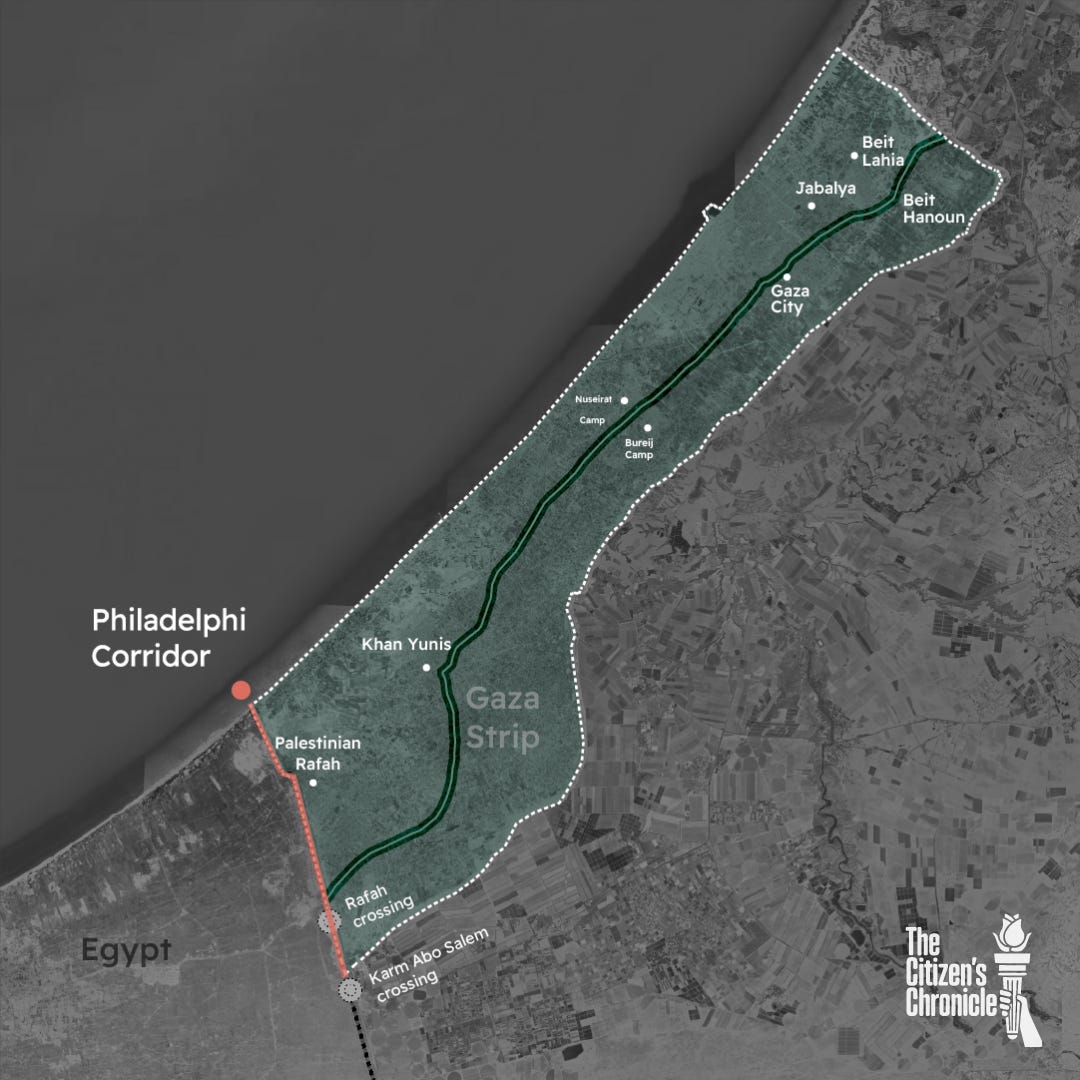
I'd love to see Jill Stein become President of the USA. It's time for a woman with a conscience, and it's time for a third party.
The whole western world is in crisis. Being accused of anti-semitism because of supporting genocide, among many other things including western leaders' support of Israel, are creating a crisis of democracy, humanity and international law.
Systemic change is indeed the next right move for America and humanity. To save the planet, capitalism, at least the predatory brand that rules the global economy today, must be dismantled. But the immediate task at hand for Americans who love democracy is revolution. Here's a great quote from Aamer Rahman that says it all: "I think that a political system that ultimately makes you choose between genocidal dementia and cheeseburger-powered fake-tan Hitler is a system worth overthrowing, okay?"